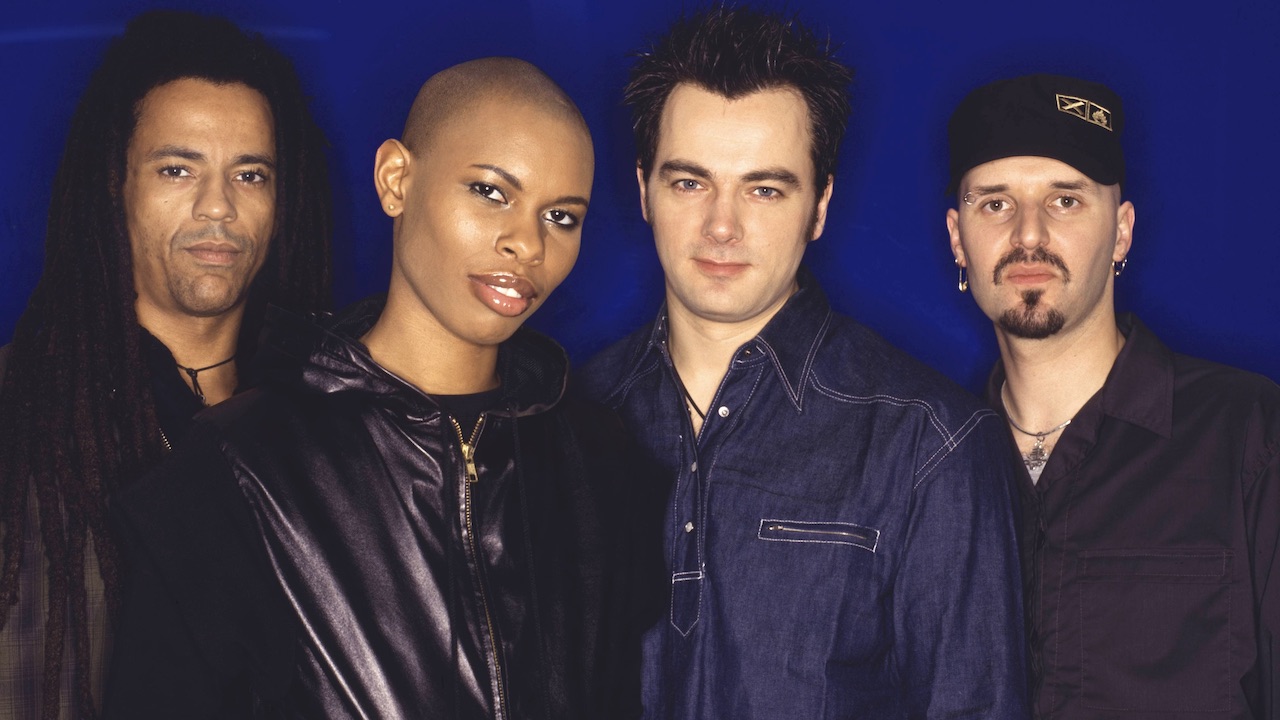In the summer of 1995, the UK's weekly music press obsessed over 'The Battle of Britpop', stoking the rivalry between Blur and Oasis as they competed for the UK's number one single spot with Country House versus Roll With It. This was deemed very important at the time, with the release date for both singles, August 14, 1995, seen as a red letter day for The British Identity.
Just one week later, however, came the emergence of a band who would present a very different take on British music, culture, and attitudes. Led by charismatic, fabulously gifted vocalist Skin, Skunk Anansie represented a revolutionary voice amid the self-congratulatory 'Cool Britannia' landscape, and when Charity, the third single previewing the release of their debut album Paranoid & Sunburnt, became their first Top 40 UK single, it served notice that the times were changing. The London quartet would go on to make headlines and history of their own, not least when their 1999 Glastonbury performance made Skin (and bassist Cass Lewis) the first Black musicians to headline the festival.
A too often under-rated but hugely important band, Skunk Anansie's sound has broadened significantly since their beginnings. Here are their six studio album re-assessed and ranked.

6. Anarchytecture (2016)
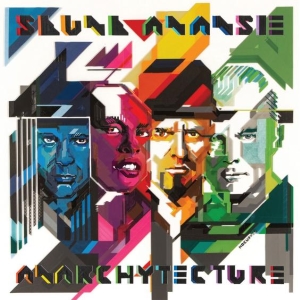
That clunky portmanteau title isn't the only thing about Skunk Anansie's most recent album which misses the mark. There’s a certain glamour to the lyrics of tracks such as In The Back Room and Love Someone Else, both of which sound not unlike Gossip, where Skin chooses a more distant narrative style than the up-close-and-personal vulnerability that we expect to hear from her band. While there are hints of this intimacy in Beauty Is Your Curse, the album as a whole falls flat in music and in spirit. Ultimately, Anarchytecture is an inoffensive brand of rock that lacks the quartet's usual boundary-pushing artistry.
5. Wonderlustre (2010)
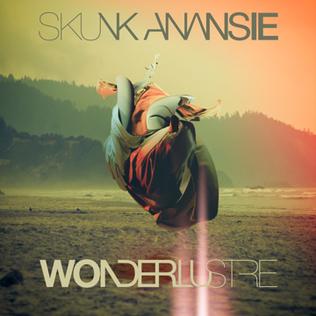
Arriving after the group ended a ten-year hiatus following their trilogy of near-perfect albums, there was a lot expected from Wonderlustre, the first outing for a newly reunited Skunk Anansie. Skin was in perfect vocal form, the break seemingly only strengthening her skills, and the band certainly hadn’t lost their ability to craft a catchy chorus, as indicated by My Ugly Boy and It Doesn’t Matter.
On the flipside, Wonderlustre is the band’s least heavy album, leaning more heavily into their balladry as opposed to their alt. metal sound. The resulting pop-rock doesn’t pack the same punch as their earlier work, and lacks the sonic diversity of the band’s first three albums.
4. Black Traffic (2012)
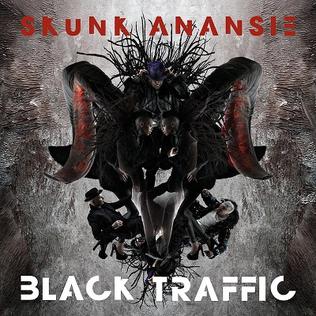
Arriving two years after Wonderlustre, Black Traffic is arguably the most noticeable departure from Skunk Anansie’s typical sound — for once, Skin’s vocals are not the main event. Ace’s formidable guitar steals all the focus here as the band comes closest to traditional metal with the likes of I Will Break You and later with the brilliant guitar solo of Satisfied?
On the other end of the spectrum, we hear the quartet at their gentlest on I Hope You Meet Your Hero and Our Summer Kills The Sun. Showing the soft and heavy extremes of Skunk Anansie, Black Traffic revisits the artistic variation that we sorely missed on Wonderlustre.
3. Paranoid & Sunburnt (1995)
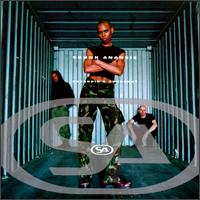
Skunk Anansie’s debut album Paranoid & Sunburnt was a powerful statement of intent from a band that was going to shake up the rock landscape of mid-90s Britain. From the opening track Selling Jesus, a thundering takedown of religious hypocrisy, it was clear from the start that Skunk Anansie were a singular talent.
Unwavering and fearless in their depiction of racism and deep-rooted bigotry in Britain with Intellectualise My Blackness and Little Baby Swastikkka, Skunk Anansie tackled the most difficult topics head-on. Introducing the world to their combination of metal prowess and punk attitude, they also weren’t afraid to show off a more vulnerable side on slower ballads like the stunning Weak, a Top 20 single later covered by Rod Stewart. The fact that these songs are still staples on the band's setlist proves the enduring legacy of their world-shaking debut.
2. Post Orgasmic Chill (1999)
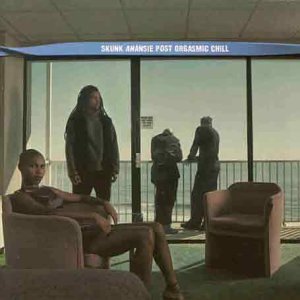
Skunk Anansie’s last album before a decade-long hiatus, Post Orgasmic Chill broadened the horizons of their sound, mixing their typical metal guitars with elements of electronica and atmospheric strings without compromising on their hard-as-nails rock heritage.
The dance-influenced single Charlie Big Potato gives way to the hard rock intensity of On My Hotel TV, essentially a list of the most vicious insults hurled at the band in their career, that takes us back to their fearless debut. Again, though, they have no problem showing off their softer side with the gentle guitars of Tracy’s Flaw and the orchestral Secretly. If Post Orgasmic Chill had in fact been Skunk Anansie’s swan song, it would have been a fitting finale.
1. Stoosh (1996)
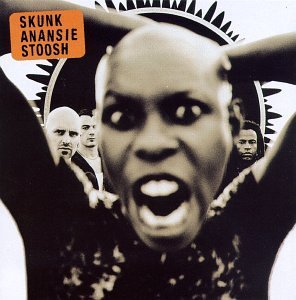
Stoosh is an album driven by the lessons that Skunk Anansie learned from their first record. Yes It’s Fucking Political is a simple but effective pushback against music industry resistance towards their more political numbers. For the rest of the album, they move away from the alt-metal stylings of their debut and opt for a style that strikes the complex balance between raw power and polish on the addictively catchy choruses of All I Want and She’s My Heroine.
Stoosh has the broadest range of any Skunk album, pulling from all of the varied facets of their artistry. They further assert their identity as a political band with We Love Your Apathy and Pickin On Me, and yet it’s the more intimate rock ballad Hedonism (Just Because You Feel Good) that has left the most lasting impression, going down as the most popular song in their discography. Stoosh proved Skunk Anansie to be a band that could channel the widest spectrum of emotions to make music that was as striking as it was eloquent.
